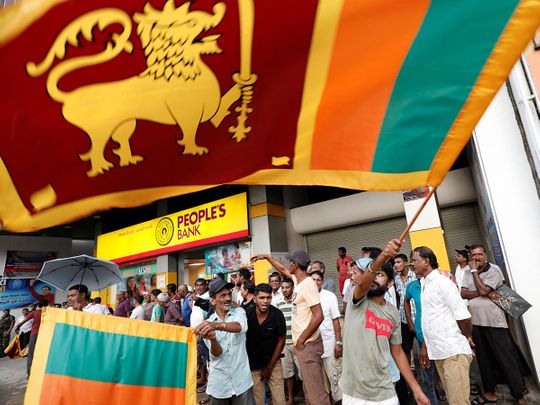Sri Lankans cast their ballots on Saturday in a highly anticipated presidential election, seeking a leader to steer the country out of its worst financial crisis in decades. The election is a three-way contest between incumbent President Ranil Wickremesinghe, main opposition leader Sajith Premadasa, and Marxist-leaning challenger Anura Kumara Dissanayake, who narrowly led in a recent opinion poll.
Voting was peaceful across the South Asian island nation, with over 13,000 polling stations set up and 250,000 public officials deployed to manage the election. A total of 38 candidates are vying for the top spot, with more than 17 million people eligible to vote.
This election marks Sri Lanka’s first since the economy plummeted in 2022 due to a severe foreign exchange shortage, leaving the country struggling to import essential goods. The crisis led to widespread protests, forcing then-President Gotabaya Rajapaksa to resign.
Despite a $2.9 billion bailout from the International Monetary Fund, the economy remains fragile, with high living costs and poverty affecting millions. The winner will need to ensure Sri Lanka adheres to the IMF program until 2027 to achieve stable growth and attract investors.
Candidates expressed optimism about the election’s impact. Dissanayake called it a “historic” moment, while Wickremesinghe emphasized the importance of peaceful voting and stabilizing the government.
Results are expected to be announced on Sunday, with postal votes counted first. Analysts predict a second round of counting may be necessary, given the close nature of the election.



